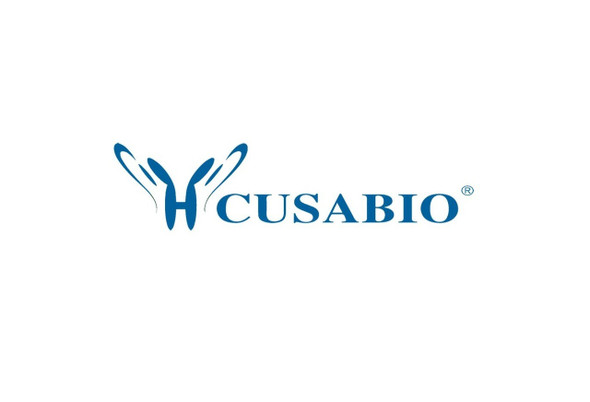Cusabio Polyclonal Antibodies
TNFRSF1B Antibody | CSB-PA949730
- SKU:
- CSB-PA949730
- Availability:
- 3 to 7 Working Days
- Size:
- 100ul
Description
TNFRSF1B Antibody | CSB-PA949730 | Cusabio
TNFRSF1B Antibody is Available at Gentaur Genprice with the fastest delivery.
Online Order Payment is possible or send quotation to info@gentaur.com.
Product Type: Polyclonal Antibody
Target Names: TNFRSF1B
Aliases: Tumor necrosis factor receptor superfamily member 1B [Precursor]; Tumor necrosis factor receptor 2; TNF-R2; Tumor necrosis factor receptor type II; p75
Background: Receptor with high affinity for TNFSF2/TNF-alpha and approximately 5-fold lower affinity for homotrimeric TNFSF1/lymphotoxin-alpha. The TRAF1/TRAF2 complex recruits the apoptotic suppressors BIRC2 and BIRC3 to TNFRSF1B/TNFR2. This receptor mediates most of the metabolic effects of TNF-alpha. Isoform 2 blocks TNF-alpha-induced apoptosis, which suggests that it regulates TNF-alpha function by antagonizing its biological activity.
Smith C.A., Science 248:1019-1023 (1990) .
Kohno T., Proc. Natl. Acad. Sci. U.S.A. 87:8331-8335 (1990) .
Beltinger C.P., Genomics 35:94-100 (1996) .
Isotype: IgG
Conjugate: Non-conjugated
Clonality: Polyclonal
Uniport ID: P20333
Host Species: Rabbit
Species Reactivity: Human, Mouse, Rat
Immunogen: Synthesized peptide derived from C-terminal of human TNF Receptor II.
Immunogen Species: Human
Applications: ELISA, WB, IF
Tested Applications: ELISA, WB, IF;WB:1:500-1:3000, IF:1:100-1:500
Purification Method: The antibody was affinity-purified from rabbit antiserum by affinity-chromatography using epitope-specific immunogen.
Dilution Ratio1: ELISA:1:2000-1:10000
Dilution Ratio2: WB:1:500-1:3000
Dilution Ratio3: IF:1:100-1:500
Dilution Ratio4:
Dilution Ratio5:
Dilution Ratio6:
Buffer: Rabbit IgG in phosphate buffered saline (without Mg2+ and Ca2+), pH 7.4, 150mM NaCl, 0.02% sodium azide and 50% glycerol.
Form: liquid
Storage: Upon receipt, store at -20°C or -80°C. Avoid repeated freeze.
Initial Research Areas: Cell Biology
Research Areas: Cancer;Cell biology;Immunology;Signal transduction






